Food inflation has slowed to 4.3% for April from 5.4% in the previous month, according to the latest statistics from the British Retail Consortium (BRC).
The statistics also revealed shop price inflation had dropped by 1.3% last month, compared to 1.5% in March.
Stephen Robertson, director general at the BRC, said: “After last week’s official return to recession, these figures give customers some reasons to be cheerful. Fuel, utilities and even stamps are much more expensive than they were, but retailers are holding back or actually cutting prices. Food inflation dropped to where it was before March’s sudden rise and non-food goods have now been cheaper than a year ago for three months in a row.
“This time last year, rocketing animal feed and ingredients costs were driving food prices up sharply. Now, easing world prices for commodities such as wheat and sugar are working through to the shops.
“Dairy products, margarine and fish are among the foods seeing much lower inflation than last year. Meanwhile, retailers continue to discount hard, but often with vouchers for money off your whole bill or your petrol rather than off individual items. Where food prices go next is hard to predict. Competition will remain intense in the face of weak demand from customers but some commodity price rises – soyabean and corn – are in the pipeline.”
Mike Watkins, senior manager for retailer services at Nielsen, said: “The fall in the Shop Price Index for food during April is good news for shoppers, but is perhaps not a surprise. The supply chain continues to be affected by changes in commodity prices, global demand and worldwide harvests and, of course, the weather. Retailers’ promotional spend on offers also remains high – at 35% of sales in supermarkets, which is a similar level to this time last year when inflation was increasing and consumer confidence had weakened. So, to help shoppers manage household budgets, retailers continue to promote heavily and this provides further savings.”
























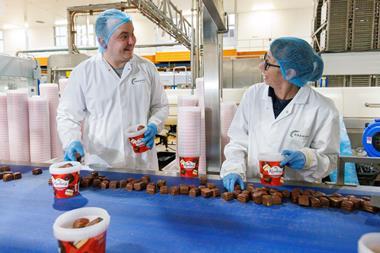
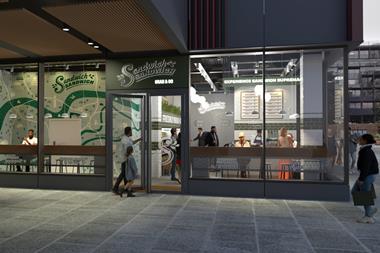

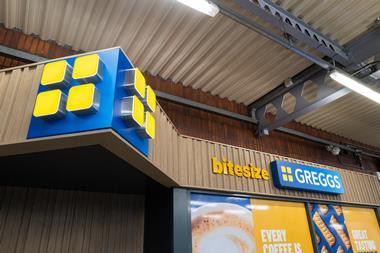
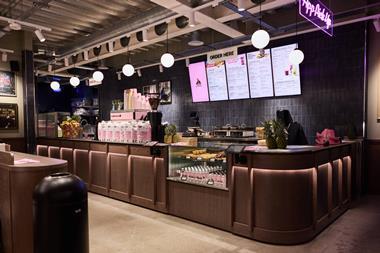
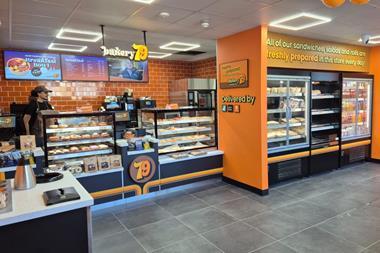


No comments yet